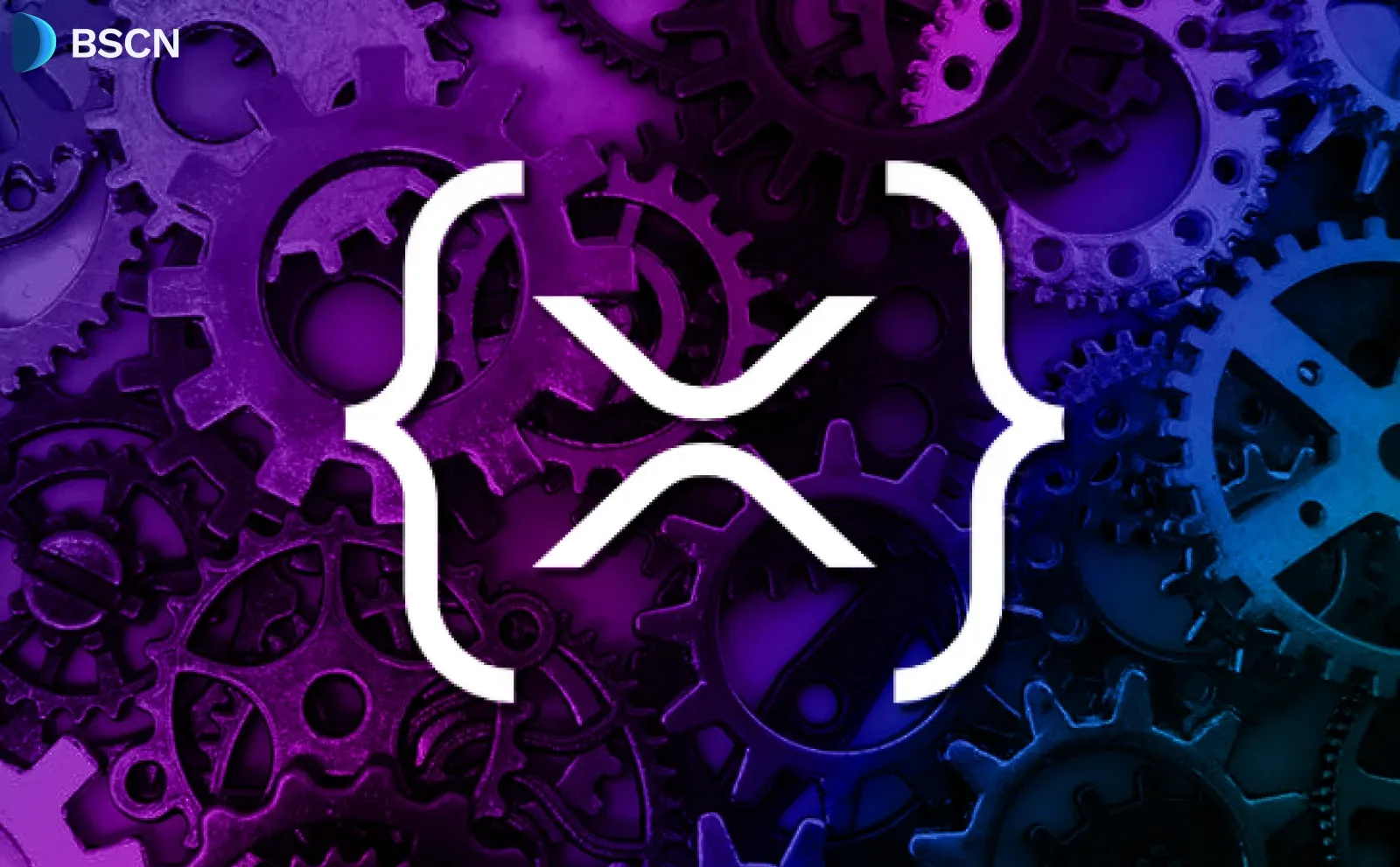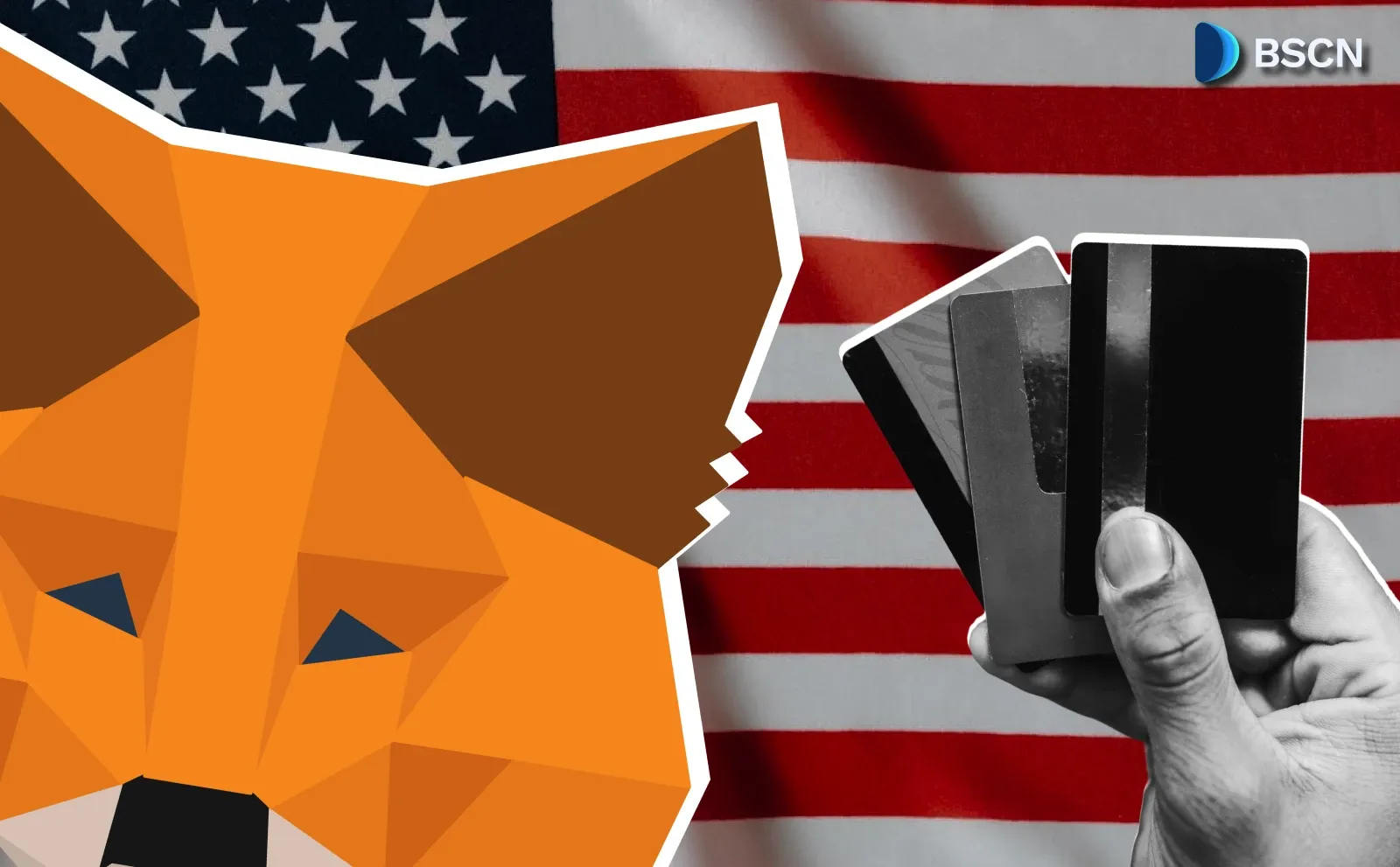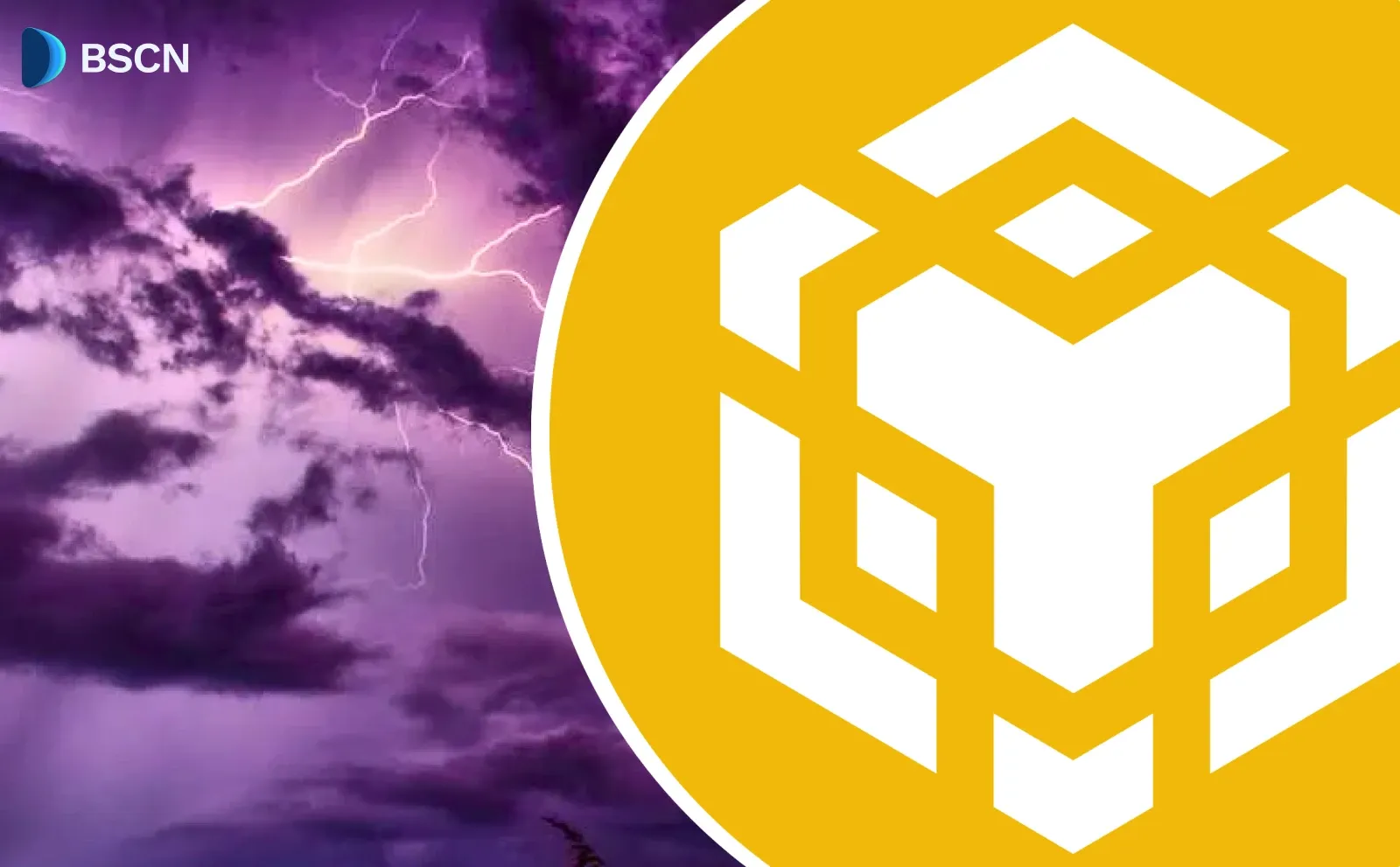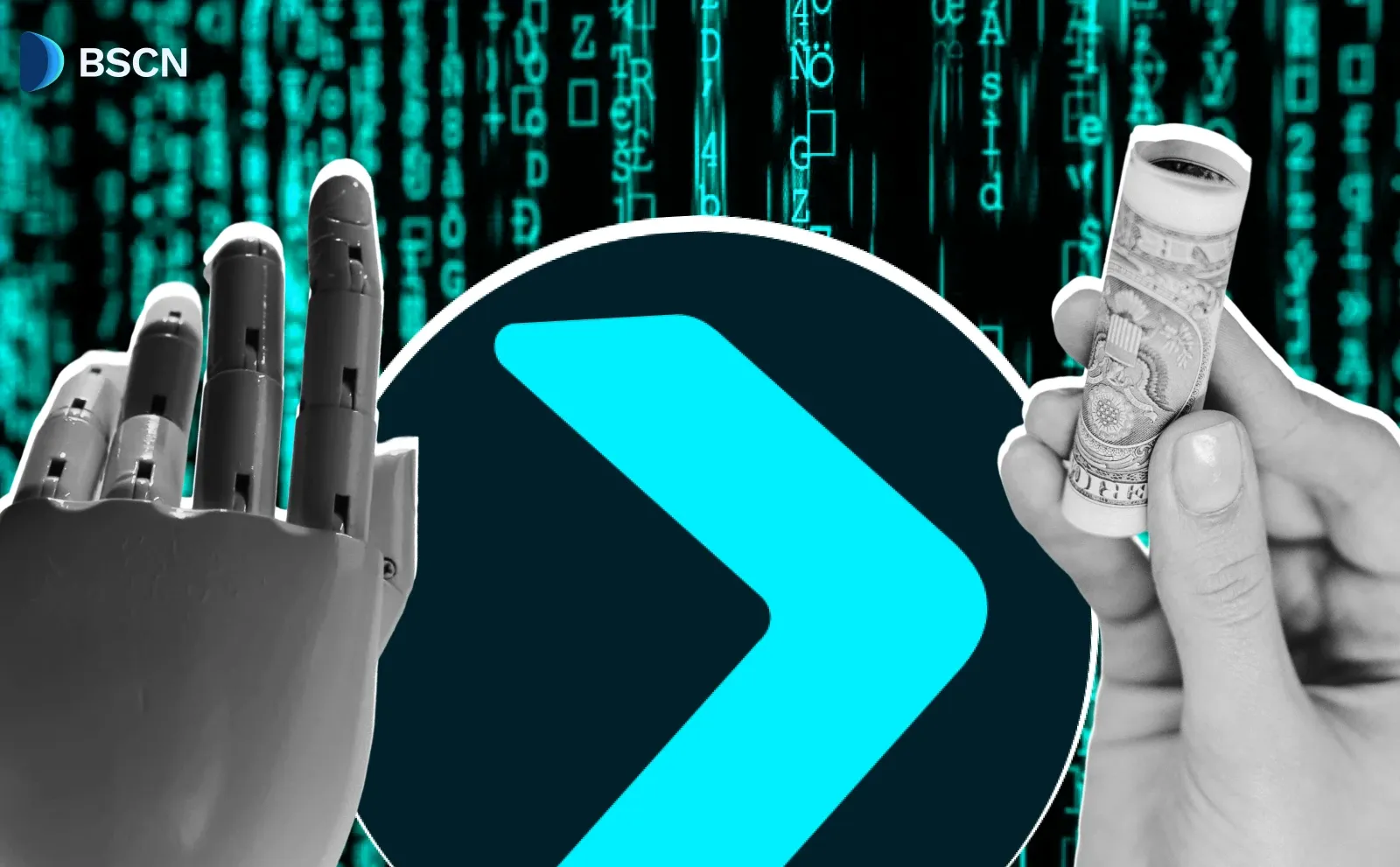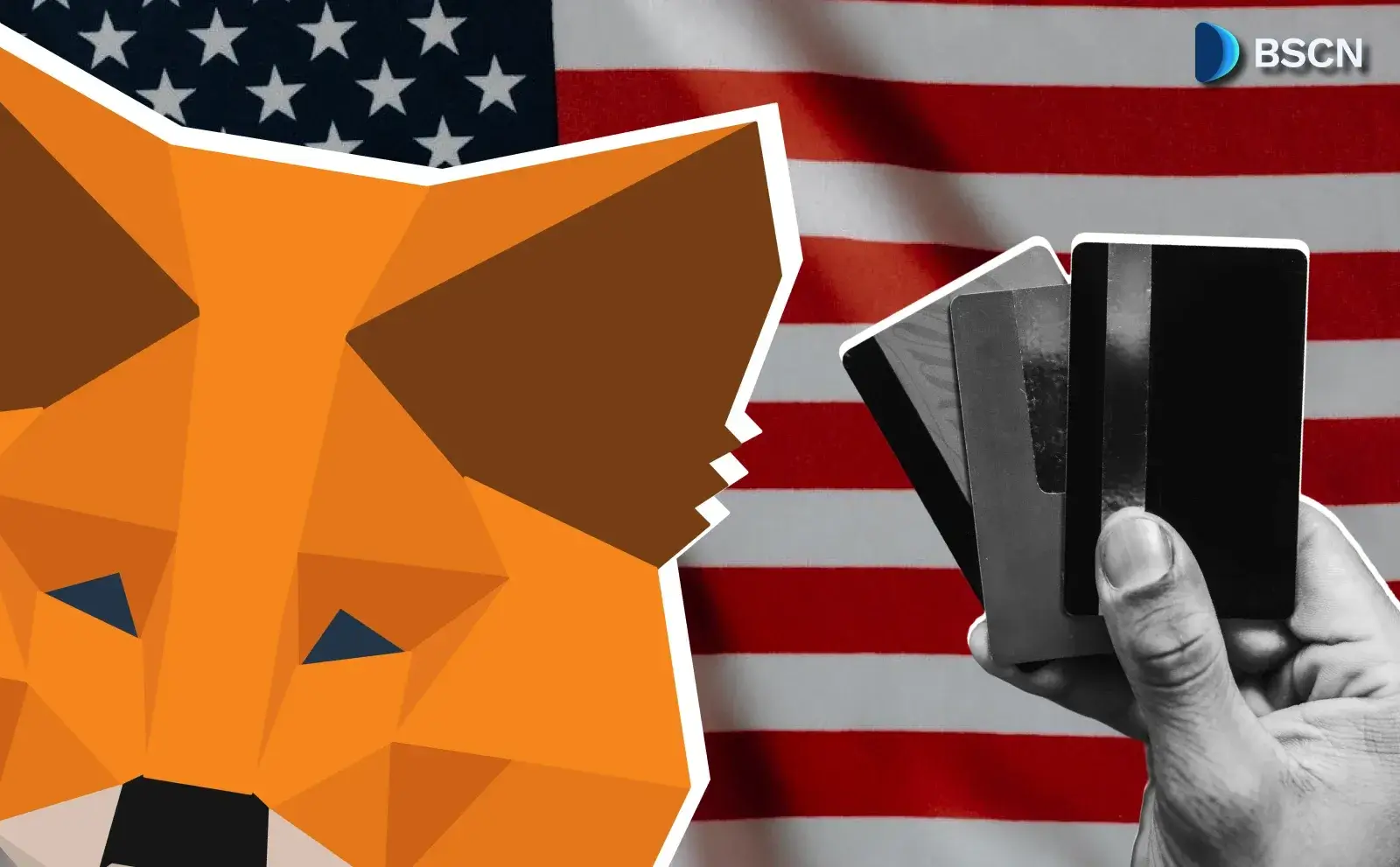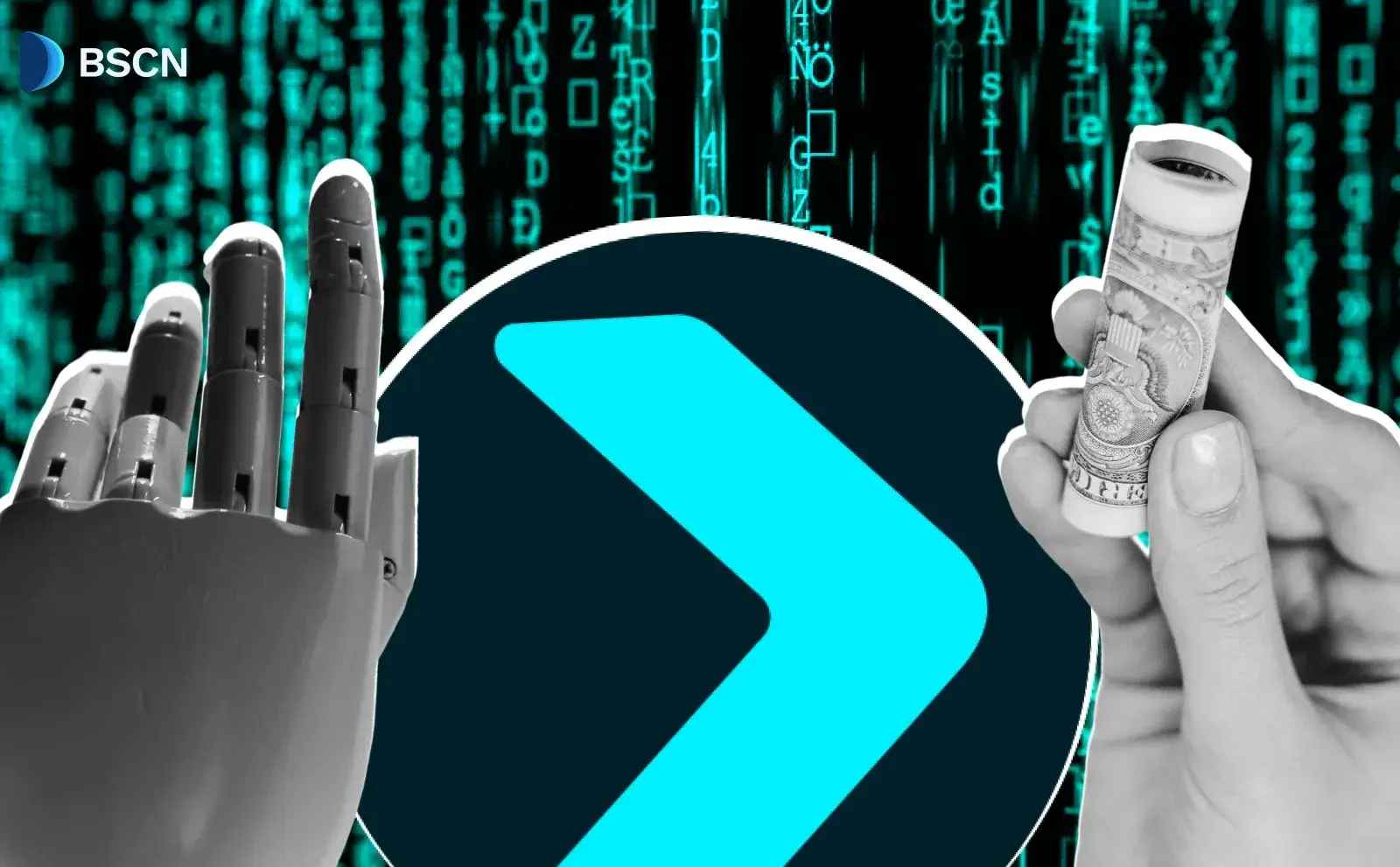World Chain Adopts Chainlink CCIP and CCT Standard for WLD Token Transfers and High-Quality Market Data
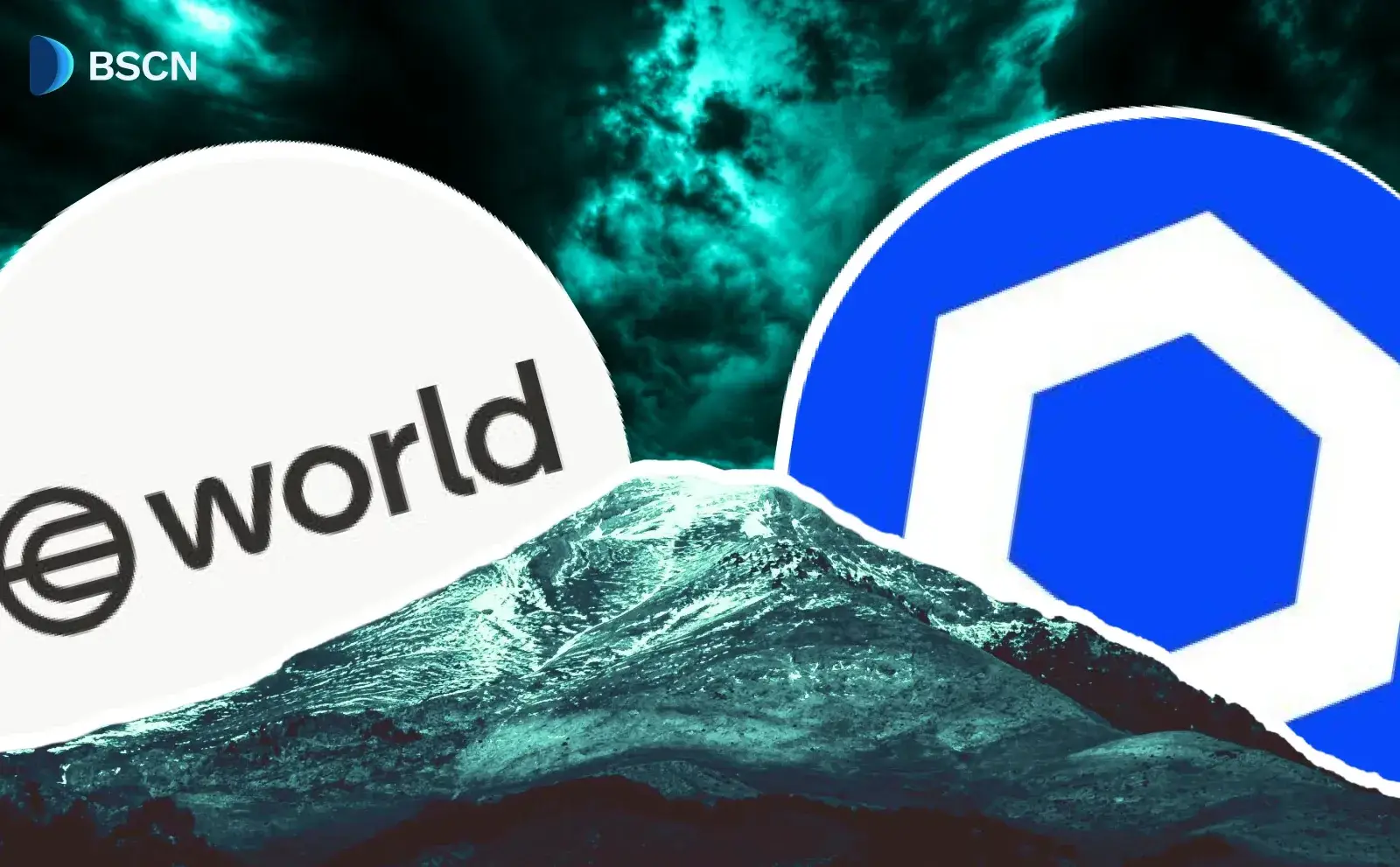
World Chain integrated Chainlink CCIP and CCT standard for secure WLD token transfers across Ethereum, plus Data Streams for DeFi data.
UC Hope
September 26, 2025
Table of Contents
On September 25, 2025, World Chain, the Layer 2 blockchain that supports the World Network and its substantial user base, integrated Chainlink's Cross-Chain Interoperability Protocol (CCIP) to facilitate secure transfers of the WLD token.
The integration also involves adopting the Cross-Chain Token (CCT) standard for WLD, which enables native transfers between the World Chain and Ethereum without relying on intermediaries or incurring additional slippage. Additionally, World Chain integrated Chainlink Data Streams to provide sub-second market data for Decentralized Finance (DeFi) applications on the network.
The details emerged from a Chainlink post on X, accompanied by a Press Release, marking a technical upgrade aimed at improving interoperability and data access within the blockchain ecosystem.
World (@worldcoin), co-founded by Sam Altman, has made its token WLD a Cross-Chain Token (CCT), enabling it to be natively transferable across Ethereum and World Chain by its 35M+ users, powered by Chainlink CCIP.https://t.co/HMLQBV1uVv
— Chainlink (@chainlink) September 25, 2025
World also adopted Chainlink Data… pic.twitter.com/VNeVHj0QP1
Background on World Chain and Chainlink
World Chain operates as a Layer 2 solution built on Ethereum, designed to handle applications focused on human-centric services. The blockchain originates from the World Network, co-founded by Sam Altman, which aims to establish systems for global identity and financial transactions. With over 35 million users, World Chain processes transactions and supports the WLD token, which is used within the ecosystem for various purposes.
Chainlink, known for its oracle services, provides tools for blockchain data feeds and cross-chain operations. Its CCIP serves as a protocol for communication between different blockchains, enabling token transfers, messaging, and programmable actions. CCIP has been active on networks such as Solana, Aptos, and Base, facilitating the movement of multiple assets and securing transactions valued in the trillions. According to DefiLlama, Chainlink has recorded over $90 billion in Total Value Secured.
The integration means WLD now functions as a CCT, a standard that lets token developers set up cross-chain capabilities quickly. This setup avoids vendor lock-in, meaning users can move WLD between chains without being tied to a single provider. Other projects, including ASTR on Soneium and GHO on Aptos, have used the CCT standard for similar purposes, highlighting its role in multi-chain environments.
Details of the CCIP Integration
Chainlink's CCIP works by establishing secure channels for data and asset transfers across blockchains. For World Chain, it handles WLD transfers specifically between Ethereum and the Layer 2 network. The process involves locking tokens on the source chain and minting equivalents on the destination chain, all managed through CCIP's infrastructure. This method reduces the risks associated with traditional bridging, including potential exploits and delays.
The CCT standard builds directly on CCIP, offering a self-serve option for token integration. Developers can configure tokens like WLD in minutes, ensuring they remain compatible across different blockchain networks. In practice, this enables World Chain's users to transfer WLD without incurring additional fees due to slippage or requiring third-party services.
The standard emphasizes native transfers, where the token behaves consistently across all chains.
Security forms a core part of CCIP's design. It achieves level-5 security, a rating based on its resilience against historical exploits in the blockchain space. Features include privacy options, such as those in CCIP Private Transactions, which are suitable for regulated environments.
Role of Chainlink Data Streams
Alongside CCIP, World Chain adopted Chainlink Data Streams for the delivery of market data. These are pull-based oracles that provide financial information with sub-second latency. Unlike push-based oracles, which send data at set intervals, pull-based systems allow protocols to request updates as needed, improving efficiency for high-frequency applications.
On World Chain, Data Streams supply price feeds for DeFi apps, supporting functions like trading, lending, and risk assessment. This integration aims to create secure markets around WLD, enhancing liquidity. By accessing real-time prices, developers can build applications that respond quickly to market changes, potentially cutting cross-chain operation costs by more than 30 percent in some scenarios.
The combination of CCIP and Data Streams positions World Chain to support tokenized assets and interactions between AI systems and human users.
Technical Implications for Blockchain Ecosystems
The upgrade addresses specific challenges in blockchain scalability and interoperability. For users, it simplifies WLD transfers, reducing friction in moving assets between World Chain and Ethereum. Developers benefit from tools that enable quick setups for cross-chain apps, while the sub-second data from Streams supports precise DeFi operations.
In terms of ecosystem impact, this could lead to higher on-chain activity for WLD, as seamless transfers encourage more usage. Monitoring price movements and transaction volumes post-integration will reveal the practical effects.
In summary, the integration of Chainlink CCIP, CCT standard, and Data Streams equips World Chain with tools for secure cross-chain WLD transfers and high-quality market data. This setup strengthens interoperability with Ethereum, supports DeFi development, and caters to a user base exceeding 35 million.
For blockchain projects, it demonstrates the value of standardized protocols in addressing fragmentation. Readers interested in similar advancements should track on-chain metrics for WLD and explore Chainlink's documentation for more details.
Sources:
- World Chain X ChainLink Press Release: https://www.prnewswire.com/news-releases/world-chain-adopts-chainlink-ccip-and-the-cross-chain-token-cct-standard-for-wld-and-data-streams-for-high-quality-market-data-302567395.html
- Chainlink on X: https://x.com/chainlink/status/1971274452974387236
- Chainlink CCIP: https://docs.chain.link/ccip
Read Next...
Frequently Asked Questions
What is Chainlink CCIP, and how does it work with World Chain?
Chainlink CCIP is a protocol for cross-chain communication that enables secure token transfers and messaging between blockchains. On World Chain, it allows WLD tokens to move natively between the Layer 2 network and Ethereum using the CCT standard, without intermediaries or slippage.
How do Chainlink Data Streams benefit DeFi on World Chain?
Chainlink Data Streams provide sub-second market data through pull-based oracles, enabling real-time price feeds for DeFi applications. This supports secure trading and risk management, improving liquidity for WLD and reducing latency compared to traditional oracles.
What does the CCT standard mean for WLD token holders?
The CCT standard makes WLD a cross-chain token, allowing quick and secure transfers across networks like Ethereum and World Chain. It offers self-serve integration for developers and avoids vendor lock-in, enhancing accessibility for over 35 million World Network users.
Disclaimer
Disclaimer: The views expressed in this article do not necessarily represent the views of BSCN. The information provided in this article is for educational and entertainment purposes only and should not be construed as investment advice, or advice of any kind. BSCN assumes no responsibility for any investment decisions made based on the information provided in this article. If you believe that the article should be amended, please reach out to the BSCN team by emailing [email protected].
Author
 UC Hope
UC HopeUC holds a bachelor’s degree in Physics and has been a crypto researcher since 2020. UC was a professional writer before entering the cryptocurrency industry, but was drawn to blockchain technology by its high potential. UC has written for the likes of Cryptopolitan, as well as BSCN. He has a wide area of expertise, covering centralized and decentralized finance, as well as altcoins.
Crypto Project & Token Reviews
Project & Token Reviews
Comprehensive reviews of crypto's most interesting projects and assets
Learn about the hottest projects & tokens
Latest Crypto News
Get up to date with the latest crypto news stories and events








